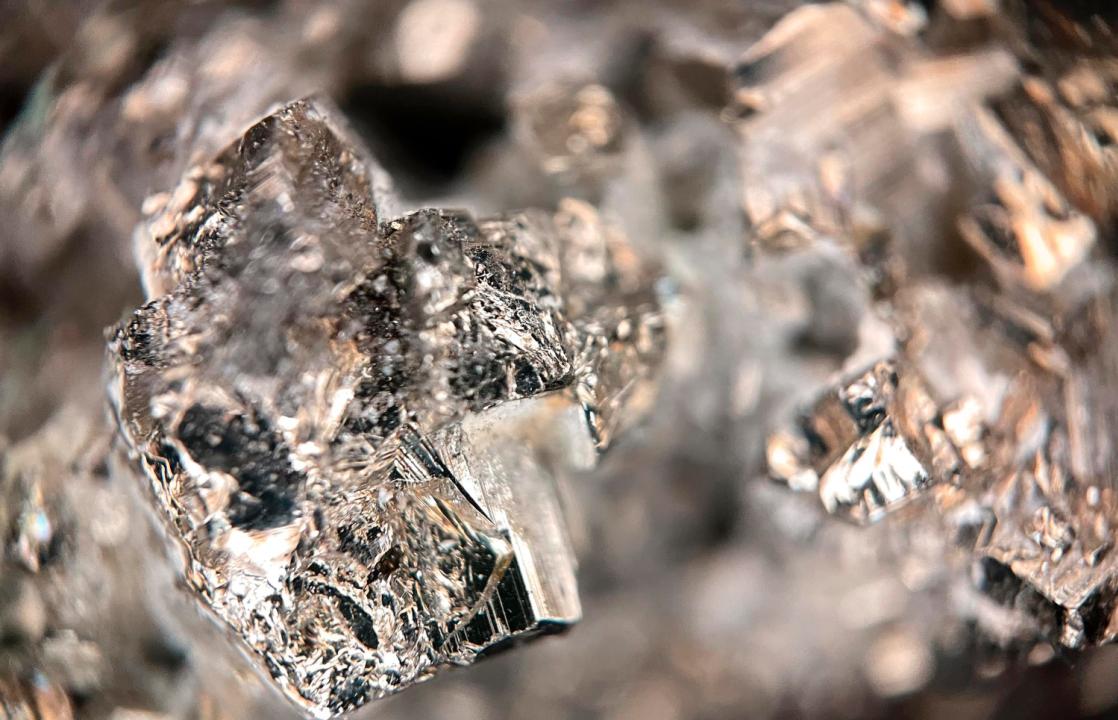Innovation often hinges on materials that are invisible to the average consumer but essential to the functioning of nearly every high-tech device. Rare earth elements (REEs), despite their misleading name, are not necessarily scarce in the Earth's crust. What makes them "rare" is the difficulty involved in extracting and refining them into a usable form. These 17 elements, which include names like neodymium, europium, and dysprosium, are the unsung heroes of our increasingly digital and electrified age.
Rare earths are at the heart of many advanced technologies. They enable the miniaturization of electronics, enhance the performance of magnets, and power the green energy revolution. Wind turbines, electric vehicles, smartphones, and even military hardware like jet engines and guided missiles rely on these materials. For startups working at the intersection of technology, energy, and sustainability, understanding the role of rare earths is not just a matter of science—it's a matter of strategy.
The global demand for these elements is growing rapidly, and with that comes geopolitical complexity. Currently, a significant portion of rare earth production is concentrated in just a few countries, with China dominating the market. This imbalance has led many nations to reconsider their supply chains, with some investing heavily in mining, recycling, and alternative technologies to reduce dependence on external sources.
For entrepreneurs and startups, this presents both a challenge and an opportunity. The search for more sustainable methods of extracting and processing REEs is opening up space for innovation. New startups are emerging around rare earth recycling, environmentally friendly mining techniques, and synthetic alternatives. The convergence of deep tech, cleantech, and geopolitics means that rare earths are no longer just a concern for governments and global manufacturers—they're becoming a focal point for agile, forward-thinking companies as well.
As industries continue to digitize and decarbonize, rare earth elements will only grow in importance. For startups looking to play a role in shaping the future, paying attention to this invisible but powerful resource might be the smartest move yet.



